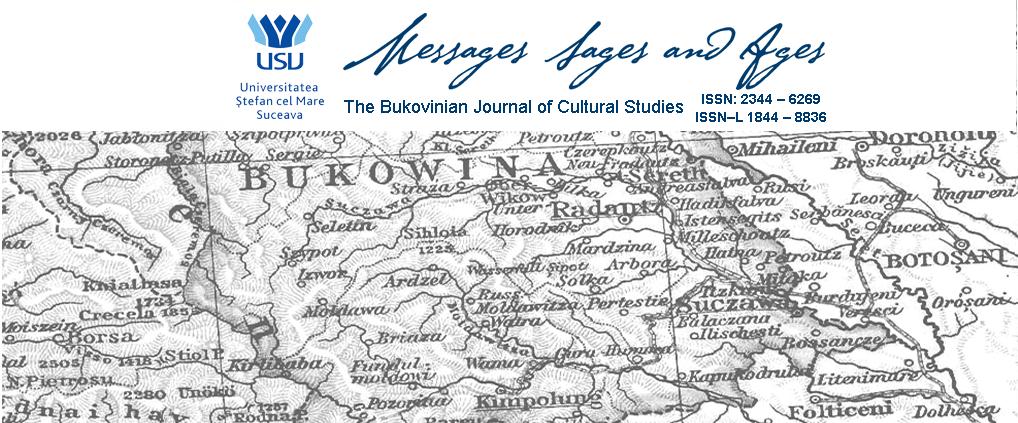Readers and critics alike have bickered over the verisimilitude of Gulliver’s Travels since it was first published in 1726. No critical consensus has ever been reached even on some very fundamental interpreting issues. While several particulars of Swift’s satire appear to have been decoded and agreed upon, such as the parody of travel literature and the attack on Walpole’s corrupt administration, some others are still debated over, even after more than a century of modern criticism, such as the overall object of the universally reverberating satire and what it teaches us about Swift’s own values and worldview. Fully aware of the Gulliverian critical deadlock the world is still in, we suggest in the present article that the narratorial duet Swift-Gulliver ‘conspires’ against readers, be they innocent (gullible) or competent (lucid): by construing the latter as a microcosm who explores the world in order to gain identity, the former stages an elaborate hoax in which a potentially paranoid narrative is cunningly brought within the boundaries of acceptable, coherent discourse, with a view to achieving his far-reaching satire.
Dan Nicolae Popescu
Author
Dan Nicolae Popescu is a lecturer in English at Ștefan cel Mare University of Suceava, Romania, and holds a Ph.D. in Anglo-American literature. His main research interests are concerned with literary, cultural and translation studies.
